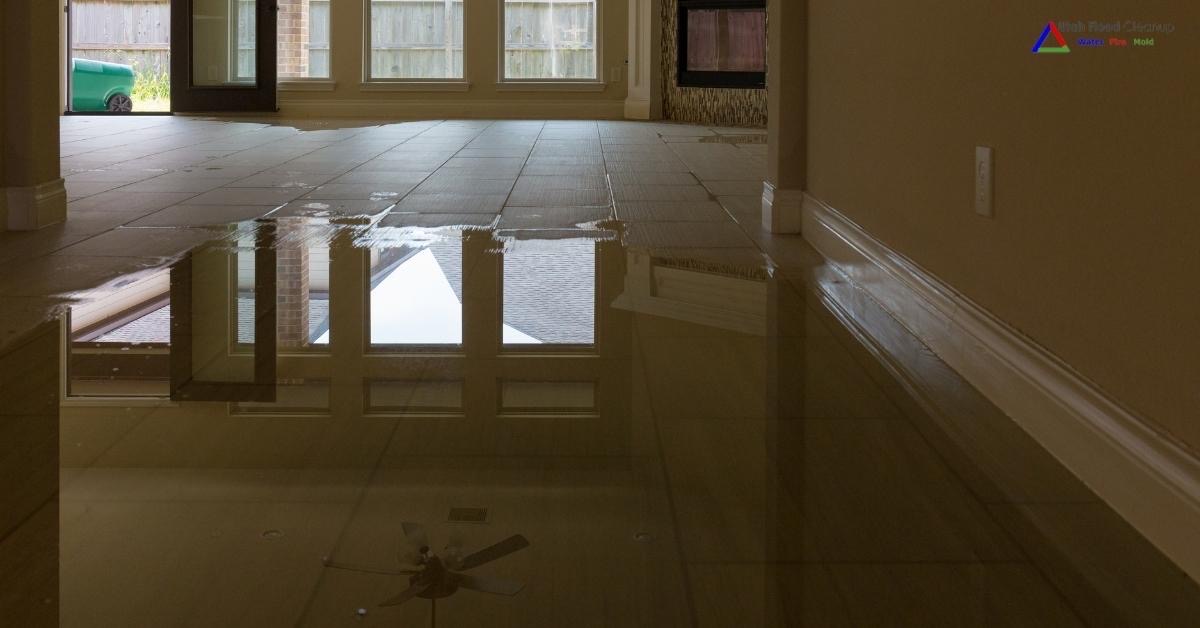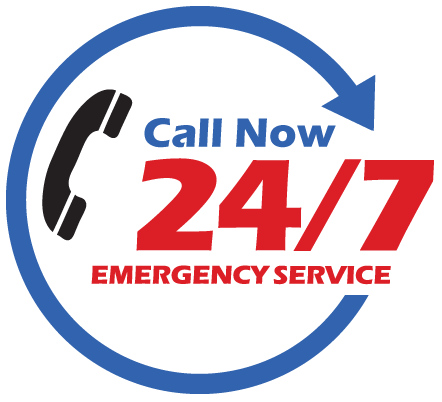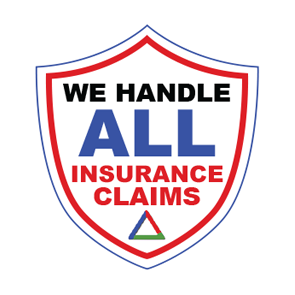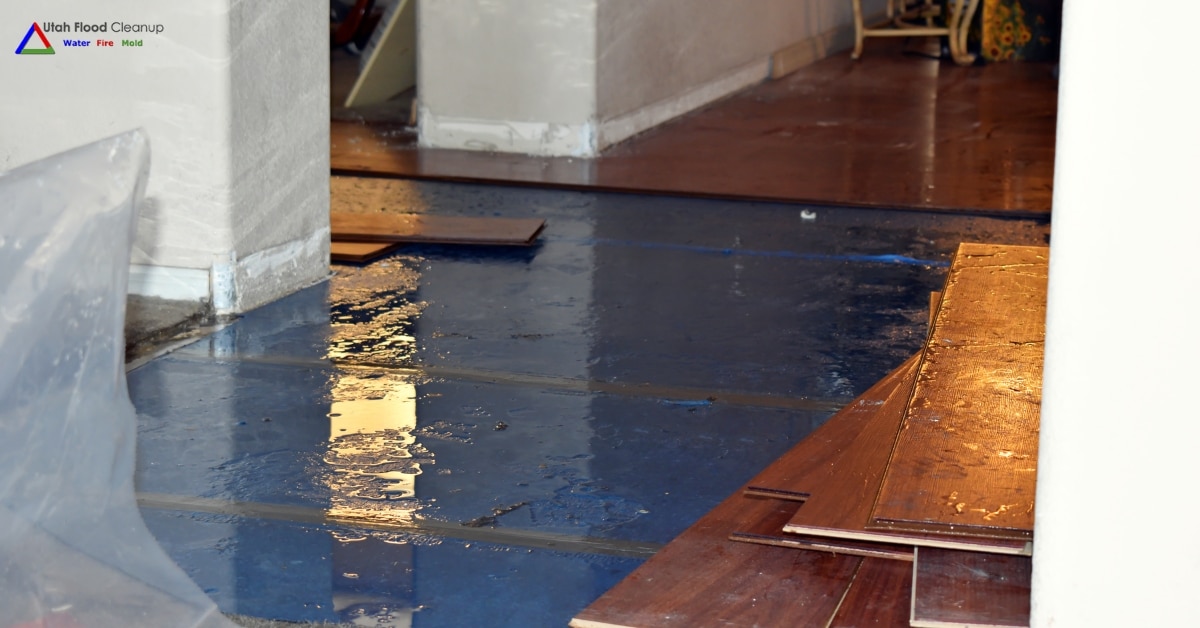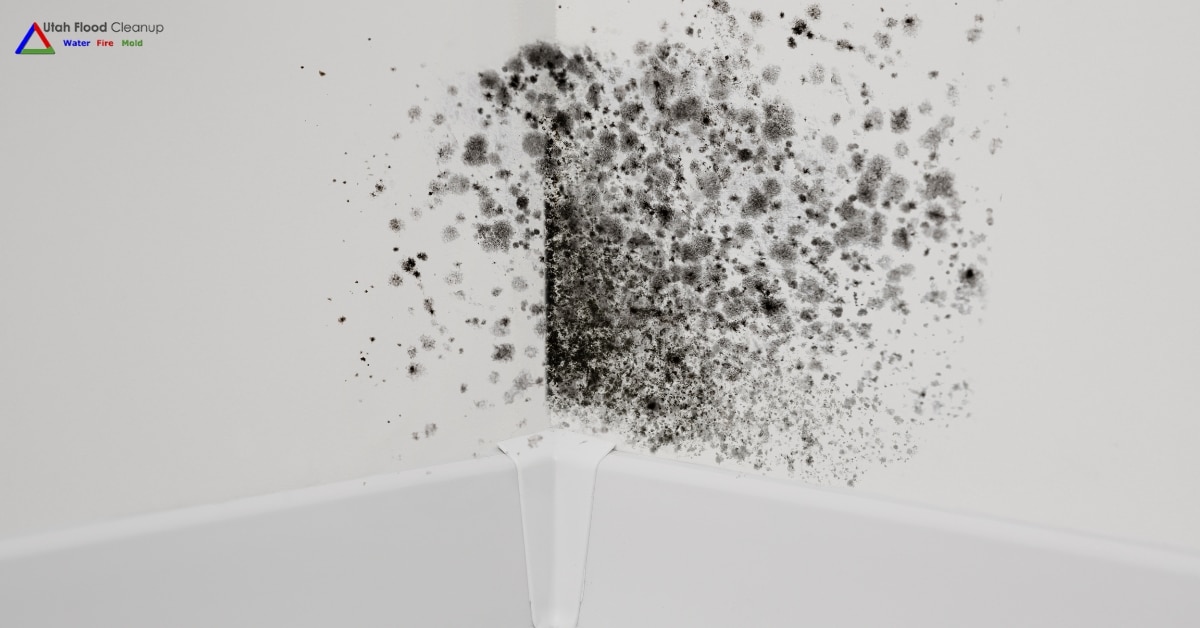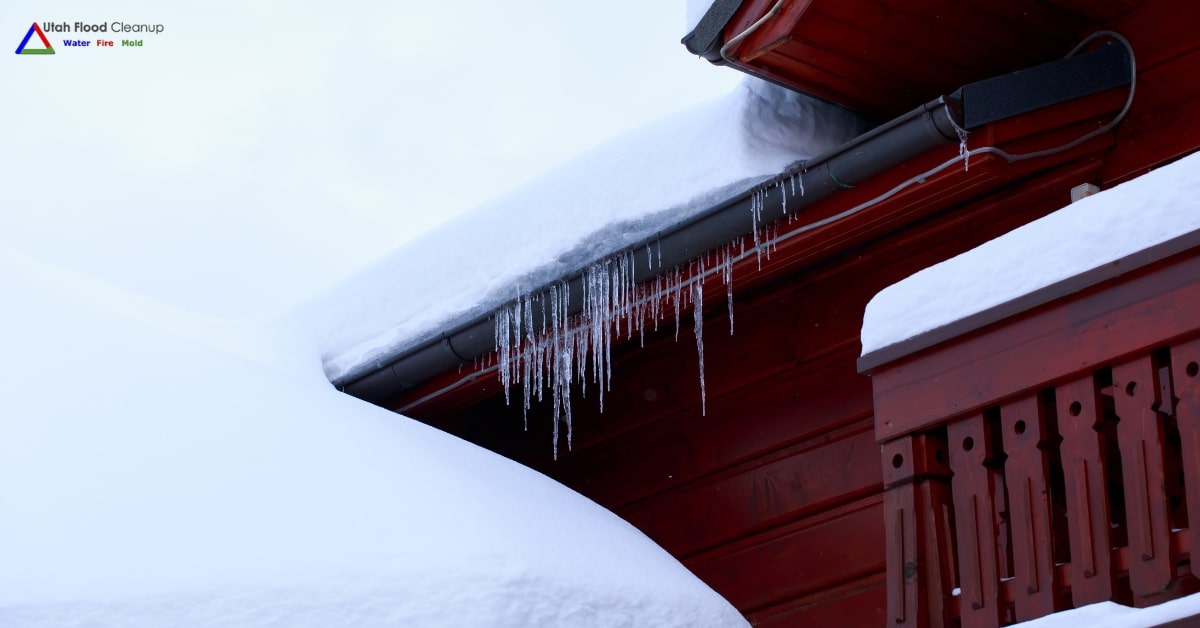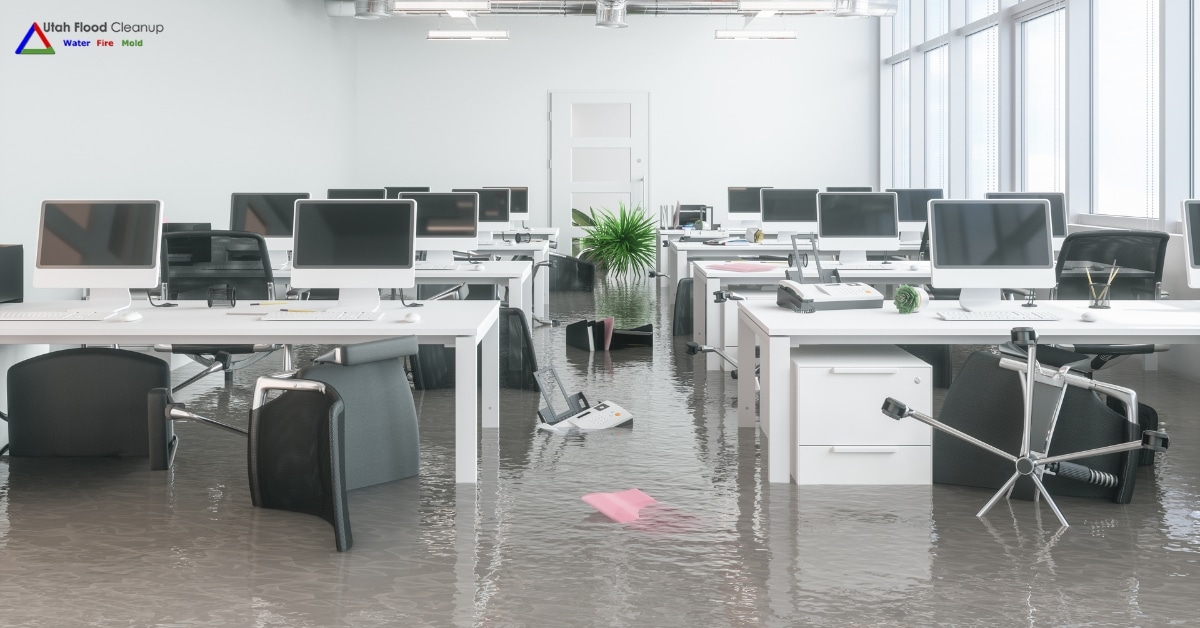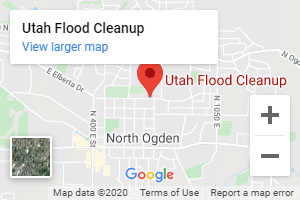Most people think of flooding as a disaster that must be due to a massive weather event. Many may find it hard to imagine how home flooding can happen in Utah. But, it happens all the time. Inside homes, Utah residents experience flooding that requires water damage restoration services. No, it’s not the kind of vast regional flooding we see on national news. But entire homes are sometimes damaged or destroyed due to floods.
If you have had water flooding your home from a leak or broken pipe, etc., it may not look wet but may cause severe structural damage or dangerous mold. So, call for expert help!
What Happens to a Home From a Plumbing Flood?
If wood or other organic materials are slightly moist, they are at risk of growing mold. If they stay wet for more than a few days, mold can grow. Once mold grows, the same drying options are not available, and more demolition is necessary. Disaster insurance companies often don’t cover mold abatement due to flooding. But, untreated mold and moisture contribute to weakening wall and floor supports, which can undermine the structural integrity of your home. Warping of walls, stairs, other structural components, furniture, etc., and destruction of belongings can occur.
With rapid response by Utah home and commercial flooding experts, much of the potential damage or destruction of these parts of your home can be stopped or fully restored.
Why Avoid Hiring My Insurance Company’s Preferred Vendor?
Some disaster insurance companies do not use preferred vendors. If yours does, that arrangement is less likely to work entirely in your best interest than using your contractor of choice. For example:
- Unnecessary delays: Even when the needed repairs are obvious and time-sensitive, some insurance companies do not allow vendors under their control to begin repairs without approval.
- Less vendor accountability: Working with just one water damage restoration contractor who is responsible for overseeing all your repair and restoration work means no accountability gaps.
- Wrong loyalty: When damage is hiding in the structure of your home, you need a water damage restoration contractor that works for you, not one who is under strict instructions from the insurance company.
- Incomplete structural drying: Some insurance companies require their preferred vendors to follow their directives for substandard structural drying, putting a home at risk.
- Mold damage cost issues: Some disaster insurance coverage does not include mold. Yet, your water damage contractor needs to help you with the mold, and at the lowest possible cost.
Compound Issues and Inconveniences
Most people would prefer to deal with just one contractor when water damage restoration is extensive and requires multiple subcontractors to make all the necessary repairs to bring the home back to its pre-flood condition. It just makes more sense for controlling quality and ensuring that all the work by subcontractors is appropriately coordinated and that the result looks and functions like a cohesively finished home.
So keep in mind that your homeowner disaster insurance policy does not limit your choice. It is your option to choose who you want to restore your home.
Home Flooding – Call Utah Flood Cleanup for Urgent Help!
We’re your local water damage repair and restoration specialists. We perform urgent cleanup of interior home flood water and debris, disinfection, industrial drying, mold abatement, damage repair, and restoration. We will restore your home to its pre-flood condition.
Our team of cleanup and restoration experts provides Utah’s most efficient top-quality disaster cleanup and restoration, so you can start enjoying your home and your normal life again as soon as possible.
If you have sewage flooding, pipe burst, or other interior flooding, call Utah Flood Cleanup at (801) 416-2666, or contact us here online for cleanup and restoration.
Latest posts by Utah Flood Cleanup (see all)
- What are the Benefits of Professional Water Damage Repair in Utah? - April 16, 2024
- Dealing with Winter Mold: Who to Call for Black Mold Removal in Utah - March 29, 2024
- Post-Snowmelt Water Damage Restorations: What Utah Residents Need to Know - March 28, 2024
